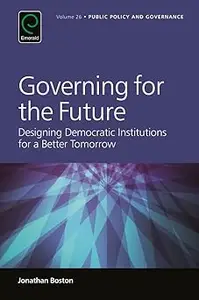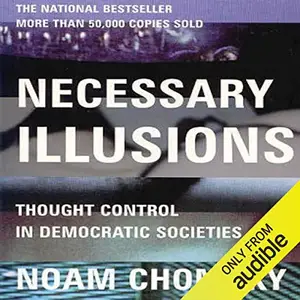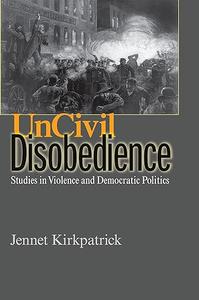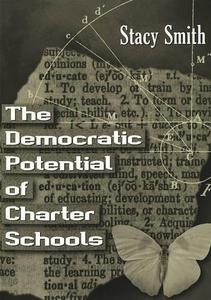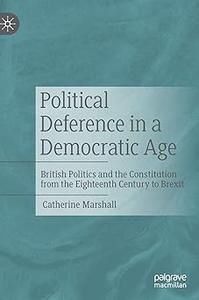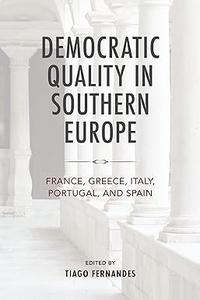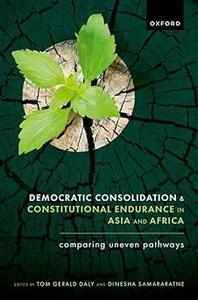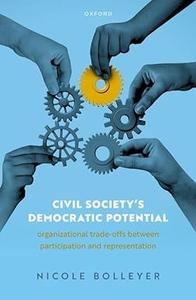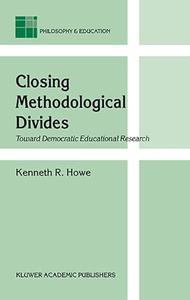 Free Download K.R. Howe, "Closing Methodological Divides: Toward Democratic Educational Research"
Free Download K.R. Howe, "Closing Methodological Divides: Toward Democratic Educational Research"
English | 2002 | pages: 166 | ISBN: 1402012268, 1402011644 | PDF | 1,1 mb
The issues I treat in this book―qualitative versus quantitative methods, facts versus values, science versus politics, subjectivity versus objectivity, postm- ernism versus pragmatism, to name a few―are at the core of a lively, sometimes divisive, conversation that has been unfolding in the theory and practice of e- cational research for some time. These issues fall squarely within the province of philosophy, and thus philosophical investigation has an especially useful contribution to make. But these issues are by no means the exclusive province of philosophy; they are ones in which a diverse group of educational theorists have had a keen interest and about which they have had important things to say. The conversation I hope to join―and to move forward―is this broad and inclusive one. Philosophy of education is at its best when it dives headlong into the fray. The book borrows liberally from my previously published work, but is far from a simple compilation. The ideas developed in Chapter 7, "On the Threat of Epistemological Bias," are new. The ideas developed in Chapter 9, "Toward Democratic Educational Research," are a significant extension of the application of similar ideas to evaluation research. The ideas developed in Chapter 4, "The Persistence of the Fact/Value Dogma," are in a form and at a level of detail not published before. Finally, Chapter 1, "Introduction and Overview," weaves together my thinking on a large array of issues on educational research methodology that had only been loosely connected before.
(more…)
